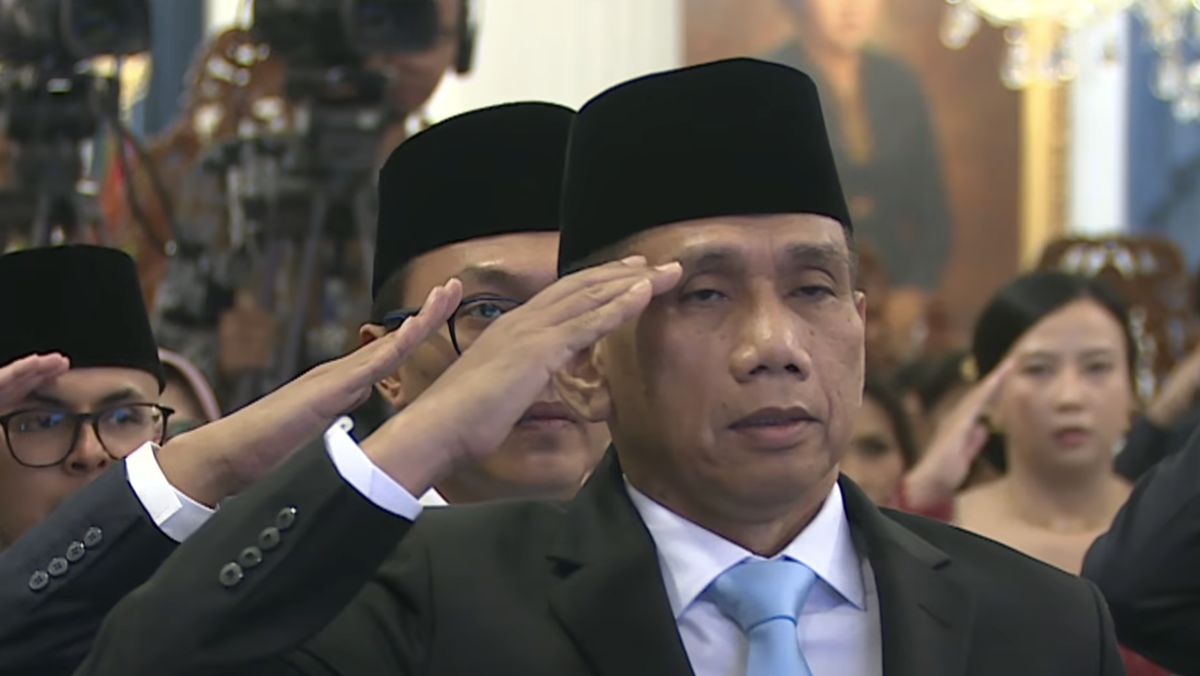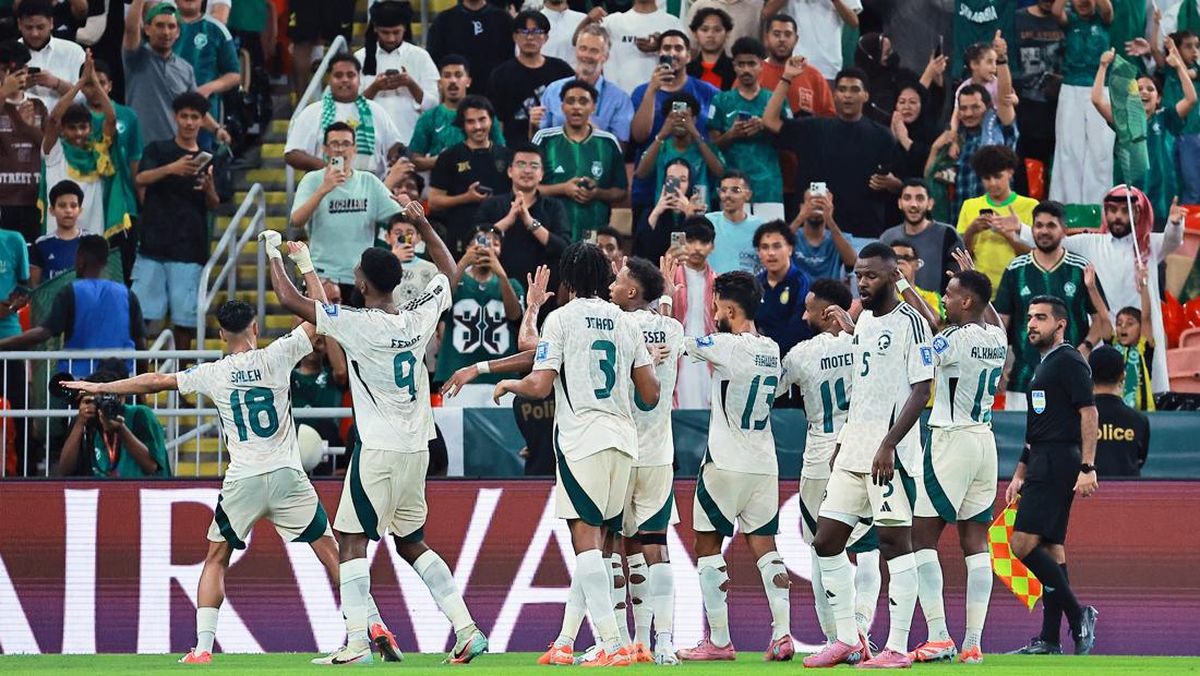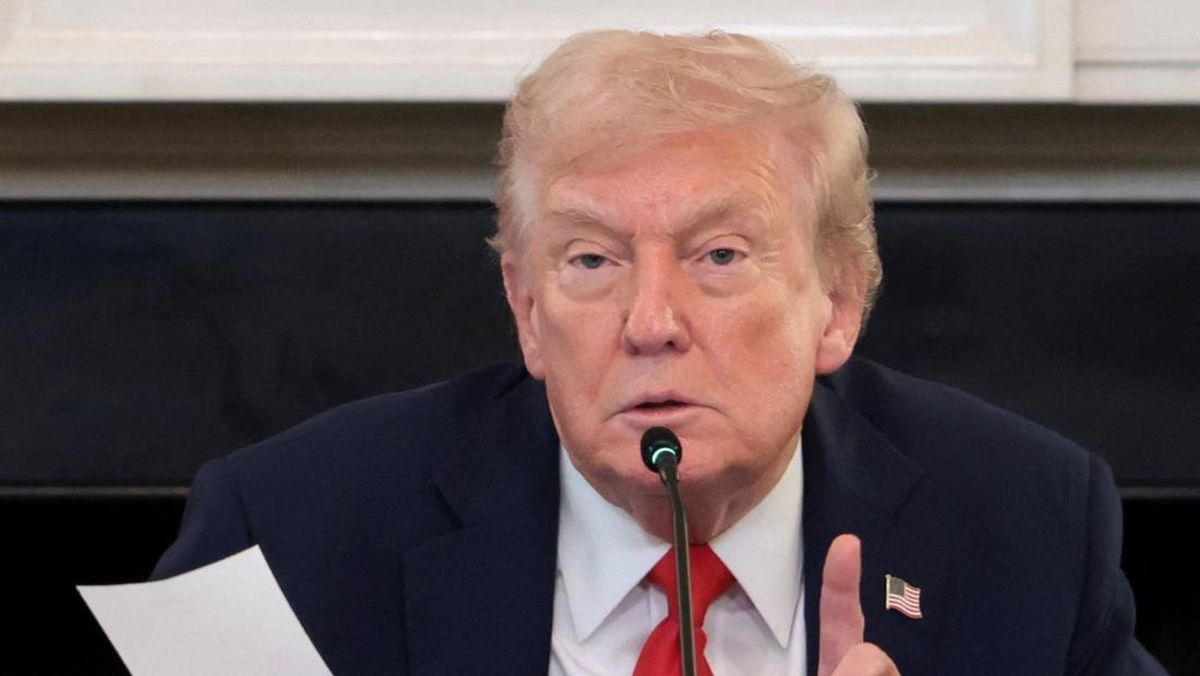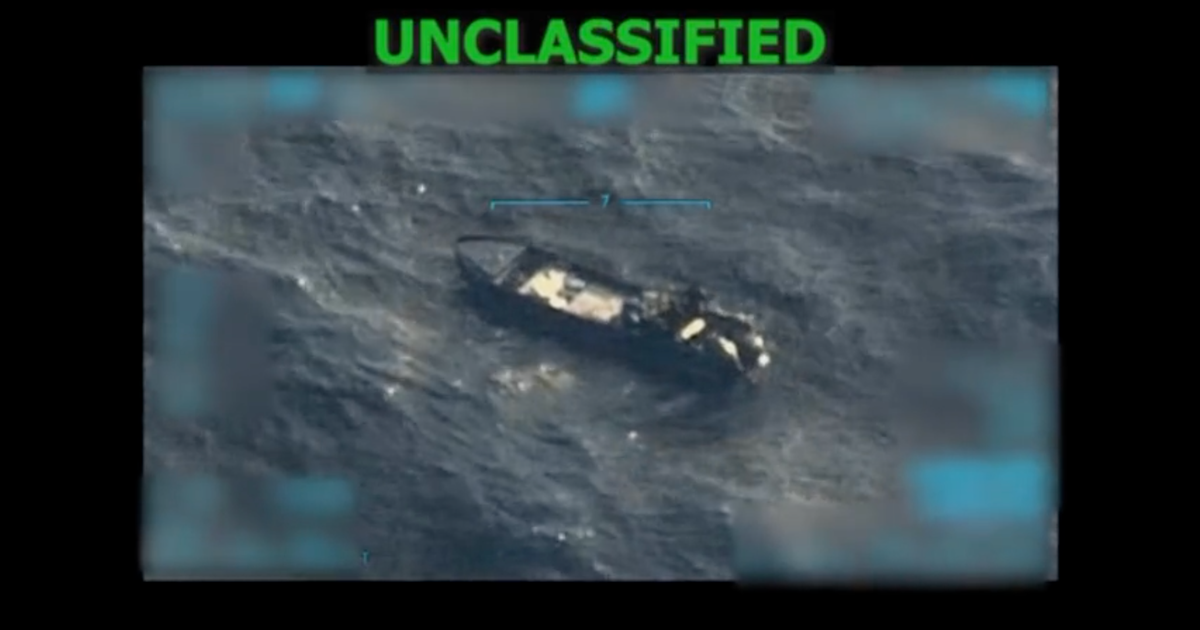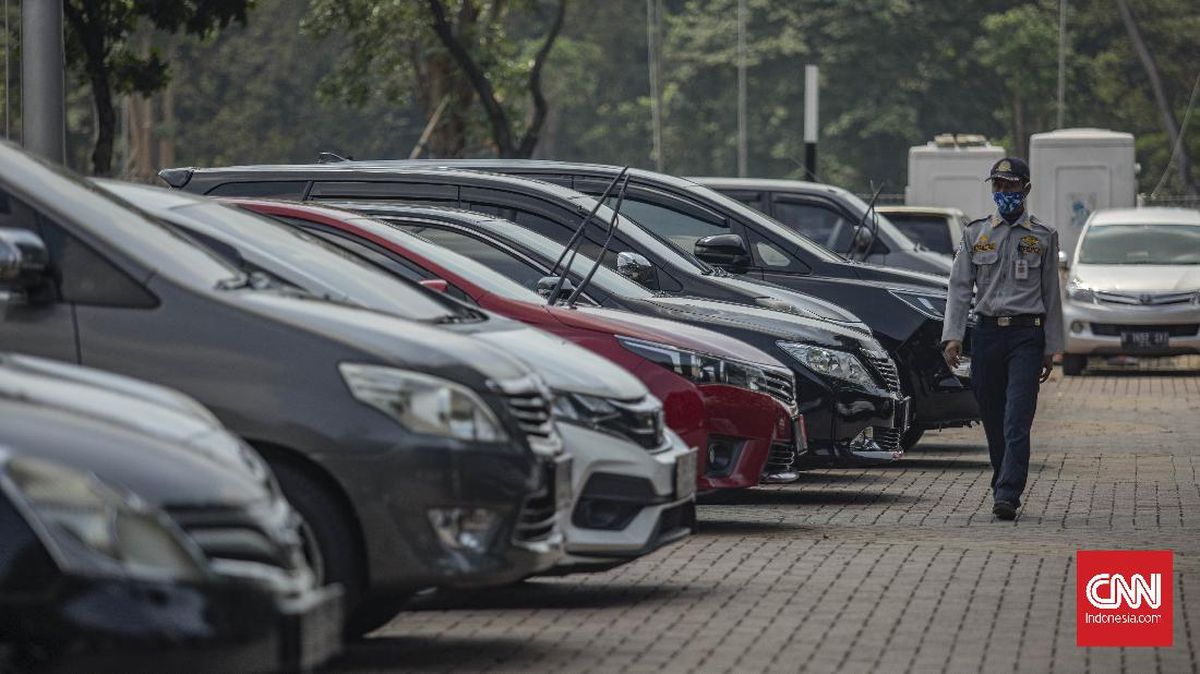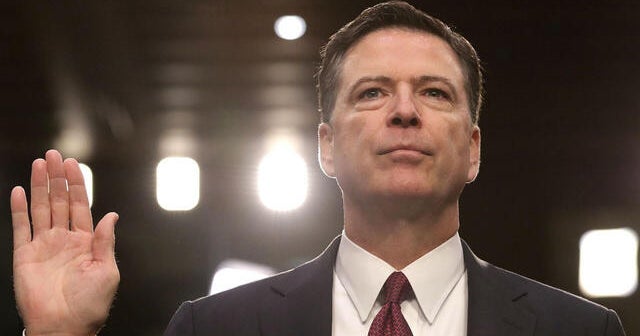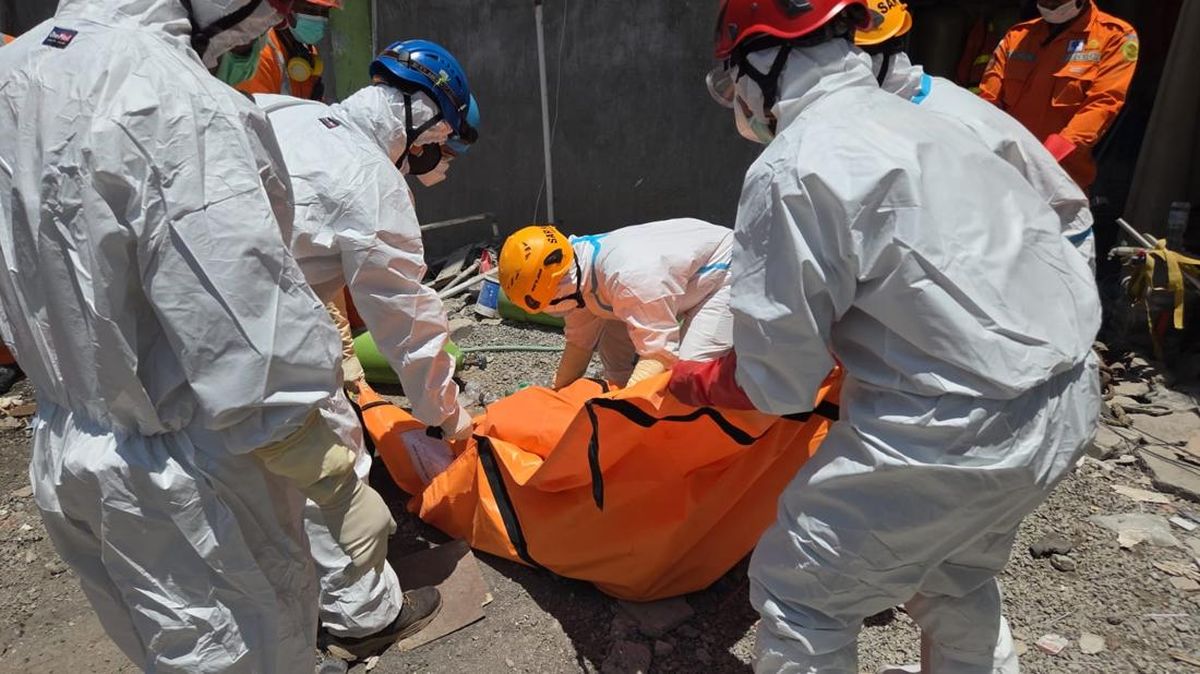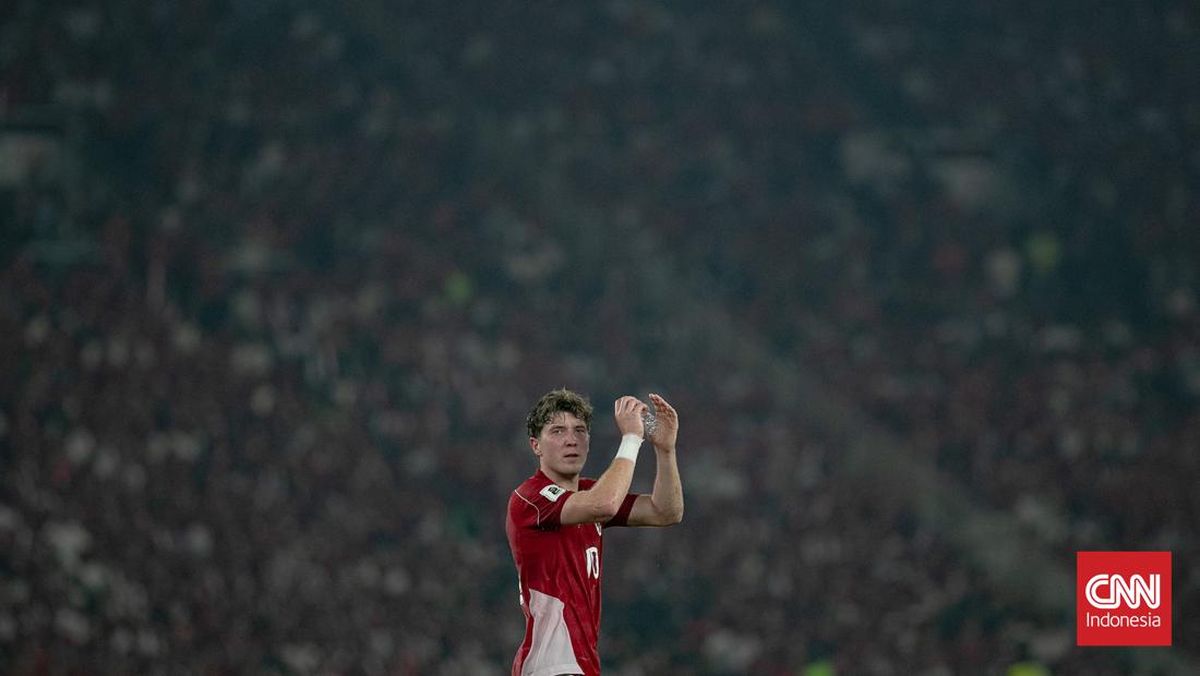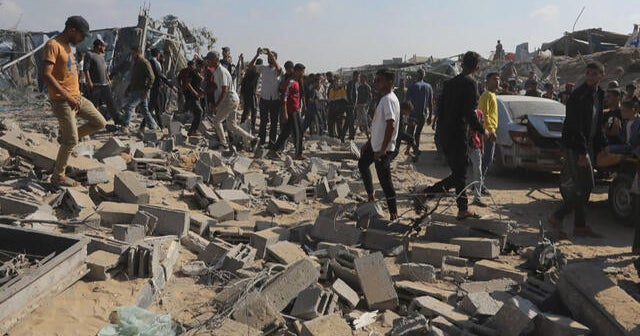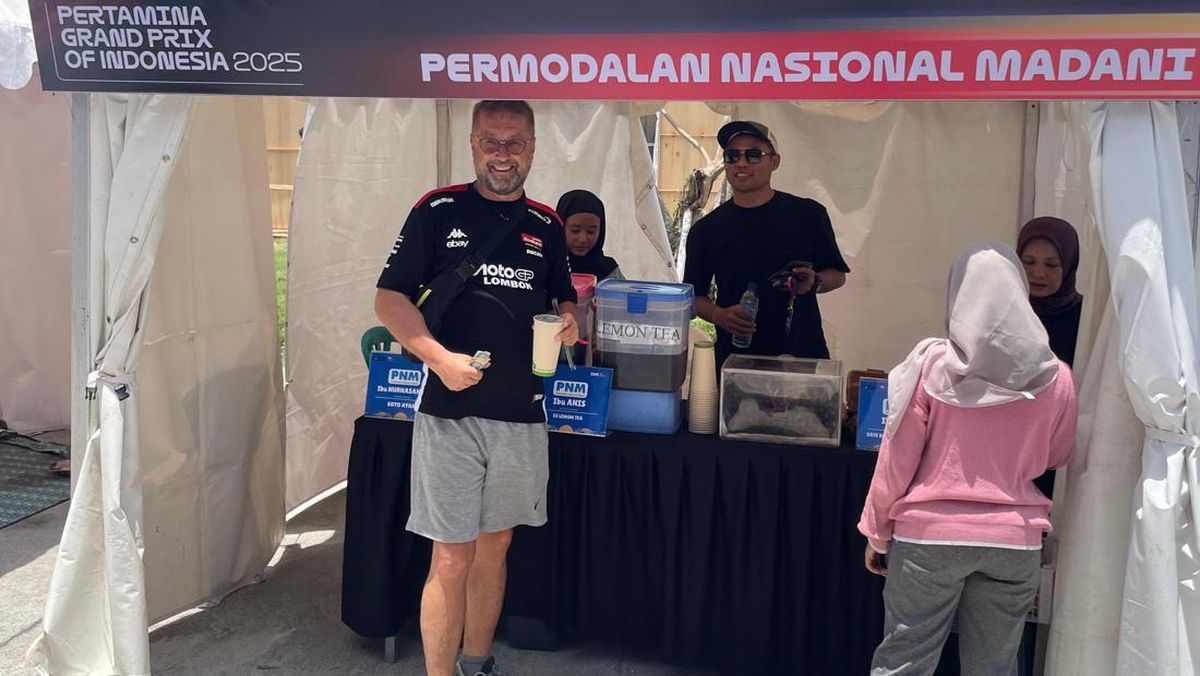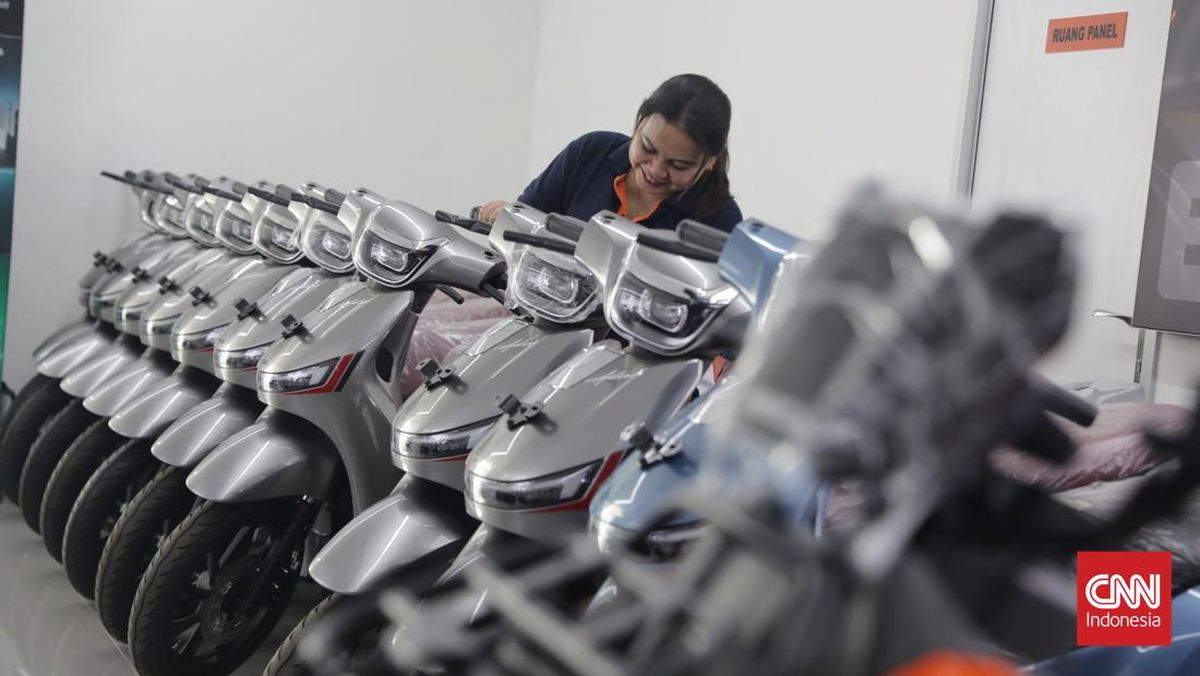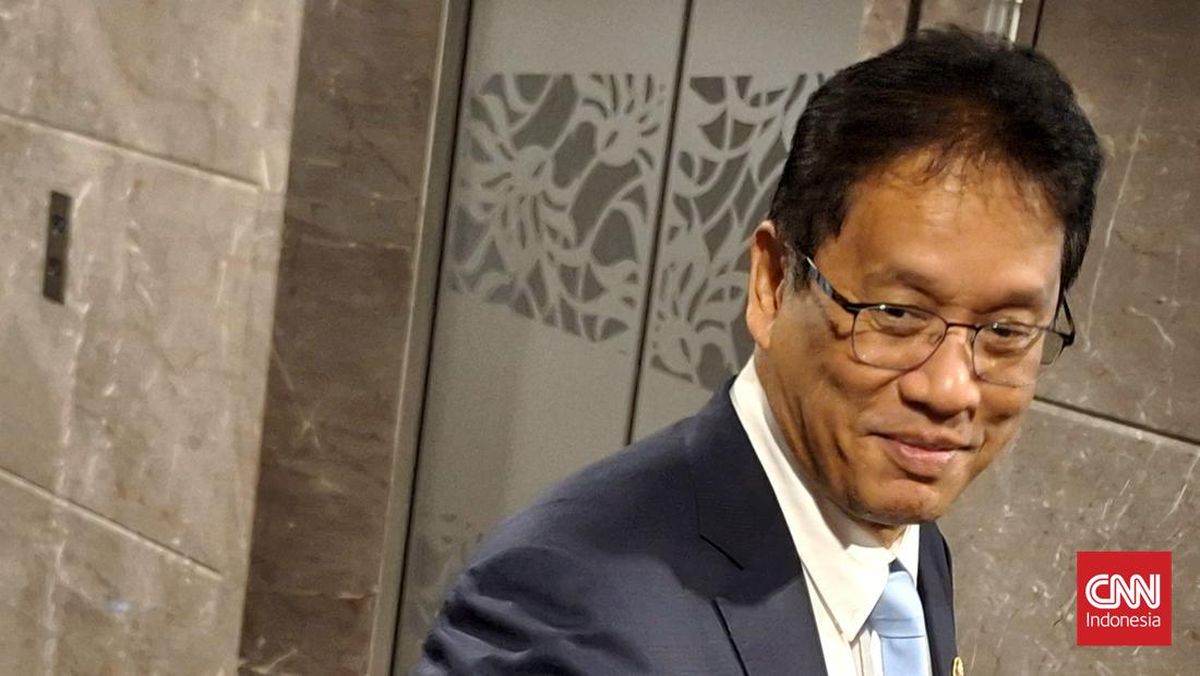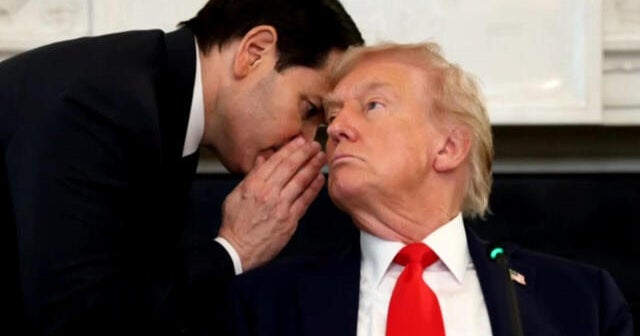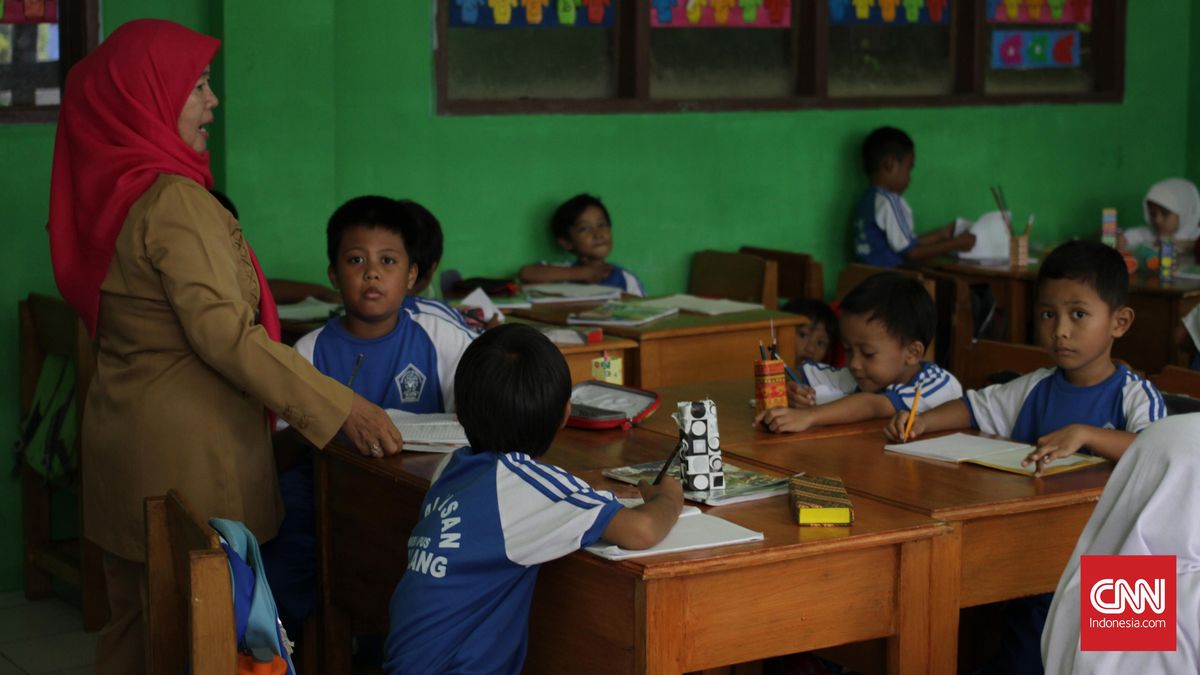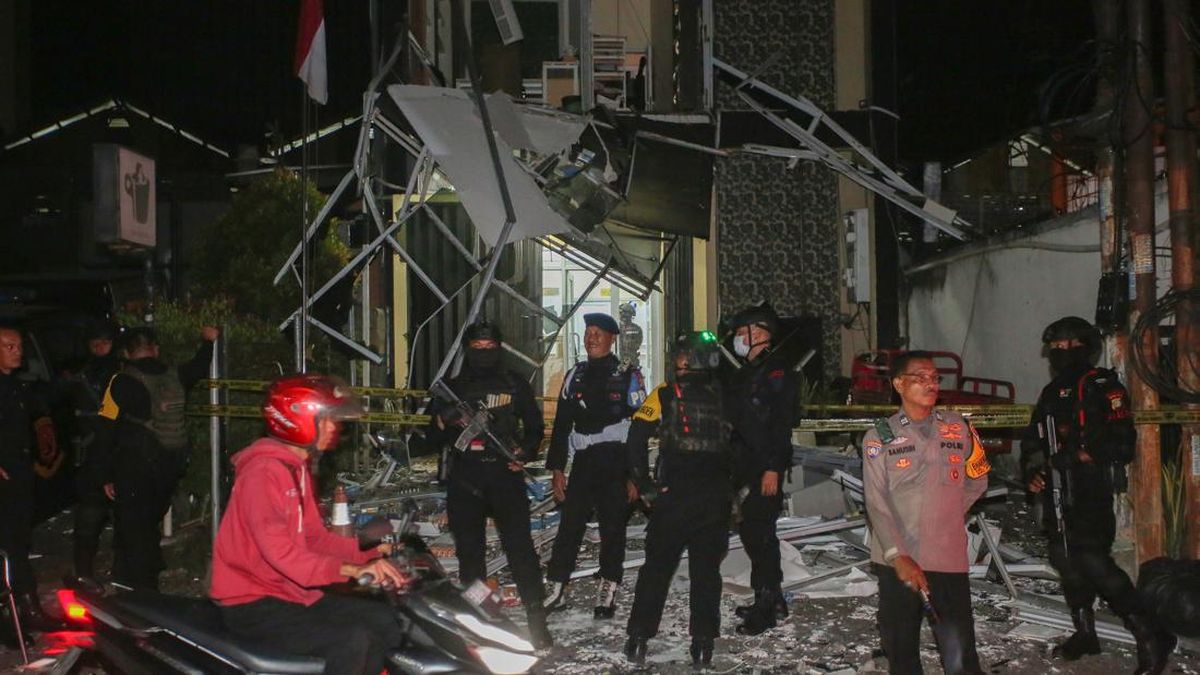Australia would still have one of the dirtiest economies on Earth even if it meets the Albanese government’s new 2035 emissions reduction targets, according to top climate scientists protesting at what they claim is a lack of ambition by the government.
The government’s new emissions reduction target does not meet the urgency of the crisis outlined in the government’s own risk assessment published last week, nor its commitment under the Paris Agreement, said Professor David Karoly, one of 60 scientists and researchers to sign a letter of protest to Prime Minister Anthony Albanese.

Prime Minister Anthony Albanese is trying to break a deadlock with Turkey over hosting rights for next year’s United Nations climate talks.Credit: Dominic Lorrimer
The letter comes as Albanese and Climate Change and Energy Minister Chris Bowen seek to break a deadlock with Turkey over hosting rights for next year’s United Nations climate talks while the two attend events on the sidelines of the UN General Assembly in New York this week.
“We are dismayed that the target announced by the federal government last week – a reduction of between 62 and 70 per cent below 2005 levels by 2035 – fails to meet this promise to deliver the highest possible ambition,” says the letter signed by Karoly, who has served as a co-author on crucial UN climate assessment reports along with three other signatories.
“These are not targets that reflect the scientific consensus on Australia’s fair contribution to global ambition required to meet the Paris Agreement’s goal of limiting warming to 1.5 degrees.
Loading
“If Australia does nothing more than meet its new 2035 target, it will still be among the most emissions-intensive economies in the world at the end of 2035, with carbon dioxide emissions intensity in line with where the United Kingdom’s emissions are today,” it says.
Karoly told this masthead that Australia’s new target was consistent with average global emission reduction targets.
“Aspiring to average” not only failed to meet the expectations of Australians who wanted ambitious actions on climate change, but failed to meet its obligations under the Paris Agreement, which commits advanced economies to taking leading roles, he said.
Announcing the target range last week, Albanese described it as an “ambitious but achievable target – sending the right investment signal, responding to the science and delivered with a practical plan”.
Albanese is understood to have sought a meeting with Turkish President Recep Tayyip Erdoğan in New York as part of an Australian diplomatic push to resolve the impasse over hosting rights for the 2026 talks. Australia plans to act as co-host with its Pacific neighbours for a conference to be held in Adelaide late next year.
Both nations are members of a UN grouping known as Western European and Others Group, whose turn it is to select the next COP host, and both have staked a claim to the meeting.
Though Australia has broader support within the group for its bid, Turkey’s claim to it has hardened over time.
Last week the Turkish state-owned English language outlet TRT World published an opinion piece laying out the nation’s case for the talks. It said Turkey could serve as a bridge between developing nations and advanced economies and, stressing its recent experience in facilitating sensitive diplomatic negotiations, added that by pressing Turkey to withdraw its bid Australia was demonstrating a sense of entitlement.
“Australia’s bid to brand itself as the Pacific COP does more than project ambition. By implying a de facto right to the presidency and pressing Ankara to withdraw, Australian decision-makers recast consensus rules as obstruction,” it says.
“In recent years, Ankara has brokered difficult negotiations, from hosting Russia–Ukraine talks and facilitating prisoner exchanges, to mediating a landmark peace agreement between Ethiopia and Somalia through the Ankara Process.
“Thus, Turkey, for its part, rejects the idea that it is blocking for its own sake. Ankara insists there is no automatic right to the presidency, only a duty to reach consensus. It highlights its mediation record and new initiatives as proof of seriousness.”
Asked about talks with Turkish officials during a press conference on Monday, Albanese said he had previously discussed the issue with Erdogan, and noted that Pacific leaders and officials would be in at the General Assembly this week advocating for a Pacific COP with Australia.
One of those known to be present is Ralph Regenvanu, Vanuatu’s climate minister, who has recently expressed frustration at the Australian government’s decision to approve the expansion of Woodside’s massive North West Shelf gas project, and suggested that the new emissions reductions were too low to align with the 1.5 degree Paris goal.
“His voice will be listened to in New York,” said Dr Wesley Morgan, a Pacific specialist and research fellow with the Institute for Climate Risk & Response at UNSW.
But Morgan said however frustrated Pacific leaders were with Australian climate, they still backed the bid for COP to be hosted by the region, which they believe will both amplify their voices and accelerate Australia ambition.
While Albanese has so far failed to secure a bilateral meeting with US President Donald Trump, Erdoğan has been singled out for a warm welcome, with Trump posting on social media that he was looking forward to a White House meeting with him on September 25.
Start the day with a summary of the day’s most important and interesting stories, analysis and insights. Sign up for our Morning Edition newsletter.
Most Viewed in Environment
Loading

